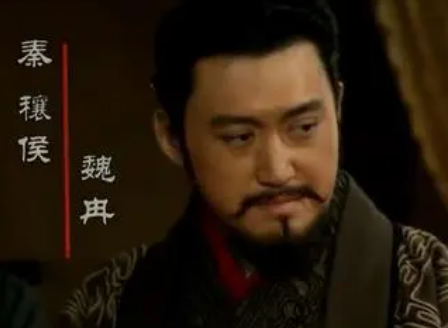In the ancient history of China, the names of royal family members often carried rich cultural connotations and family expectations. Empress Changsun, as the wise wife of Emperor Taizong Li Shimin, also hid a profound historical and cultural story behind her name "Guanyinbi". This article will explore why Empress Changsun was called "Guanyinbi" and analyze the Buddhist influence reflected in this name.

I. The Identity Background of Empress Changsun
Empress Changsun, whose name was Guanyinbi, was the sister of Changsun Wuji, a founding hero of the Tang Dynasty. She was clever and clever since childhood and deeply loved by her family. Later, she married Emperor Taizong Li Shimin and became his queen, playing an important role in the political life of the early Tang Dynasty.
II. The Spread and Influence of Buddhism in China
During the era when Empress Changsun was born, Buddhism had already been introduced into China and gradually localized. Buddhist ideas were deeply rooted in the hearts of the people, exerting a profound influence on the culture, art, architecture, and other aspects of society at that time. Against such a background, many royal family members and nobles believed in Buddhism and integrated its teachings into their daily lives.
III. The Buddhist Implication of Empress Changsun's Name
The "Guanyin" in Empress Changsun's name "Guanyinbi" was taken from the Buddhist deity Guan Yin Bodhisattva. Guan Yin Bodhisattva is the embodiment of compassion, with the responsibility of relieving suffering and saving the difficult, widely respected by believers. In Buddhist culture, the image of Guan Yin Bodhisattva represents compassion, wisdom, and redemption. Therefore, the name of Empress Changsun contained the good wishes of her family for her, hoping that she would possess the compassion quality of Guan Yin Bodhisattva.
IV. The Origin of Empress Changsun and Buddhism
During her reign, Empress Changsun actively supported Buddhist causes, built many temples, and promoted the dissemination of Buddhist culture. At the same time, she herself was also a devout Buddhist and often participated in Buddhist activities, promoting Buddhism. Therefore, her name "Guanyinbi" not only reflected the family's expectations for her but also reflected her personal belief pursuit.
Conclusion
Empress Changsun was called "Guanyinbi" because her name contained the implied meaning of Guan Yin Bodhisattva in Buddhism. This name not only体现了the family's good expectations for her but also reflected her personal belief pursuit. Against the social background at that time, Buddhism had penetrated people's lives, and Empress Changsun's name was a vivid portrayal of this era's characteristics. By understanding the story behind Empress Changsun's name, we can better understand the integration and development of ancient history and culture.
Disclaimer: The above content is sourced from the internet and the copyright belongs to the original author. If there is any infringement of your original copyright, please inform us and we will delete the relevant content as soon as possible.






























